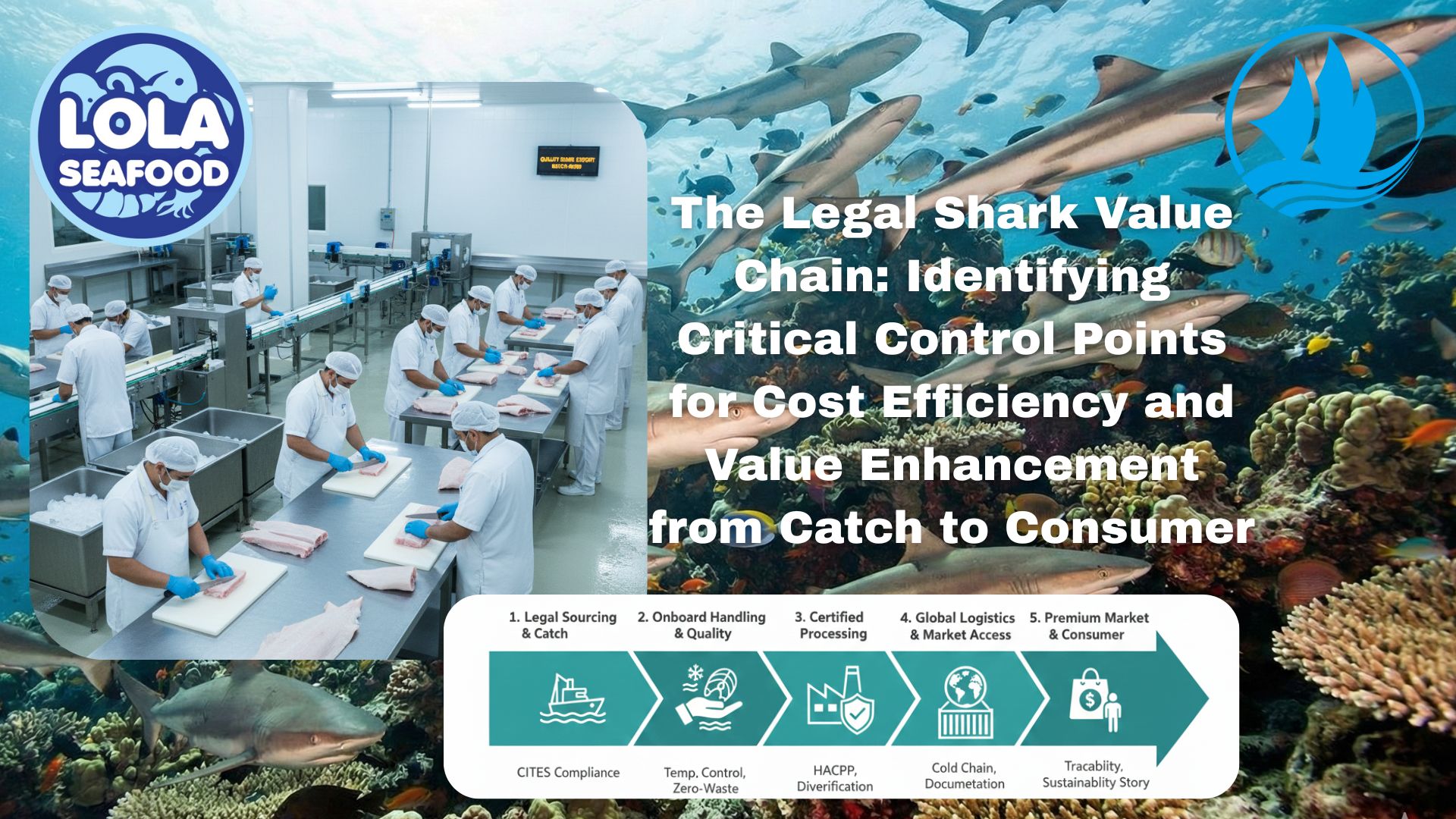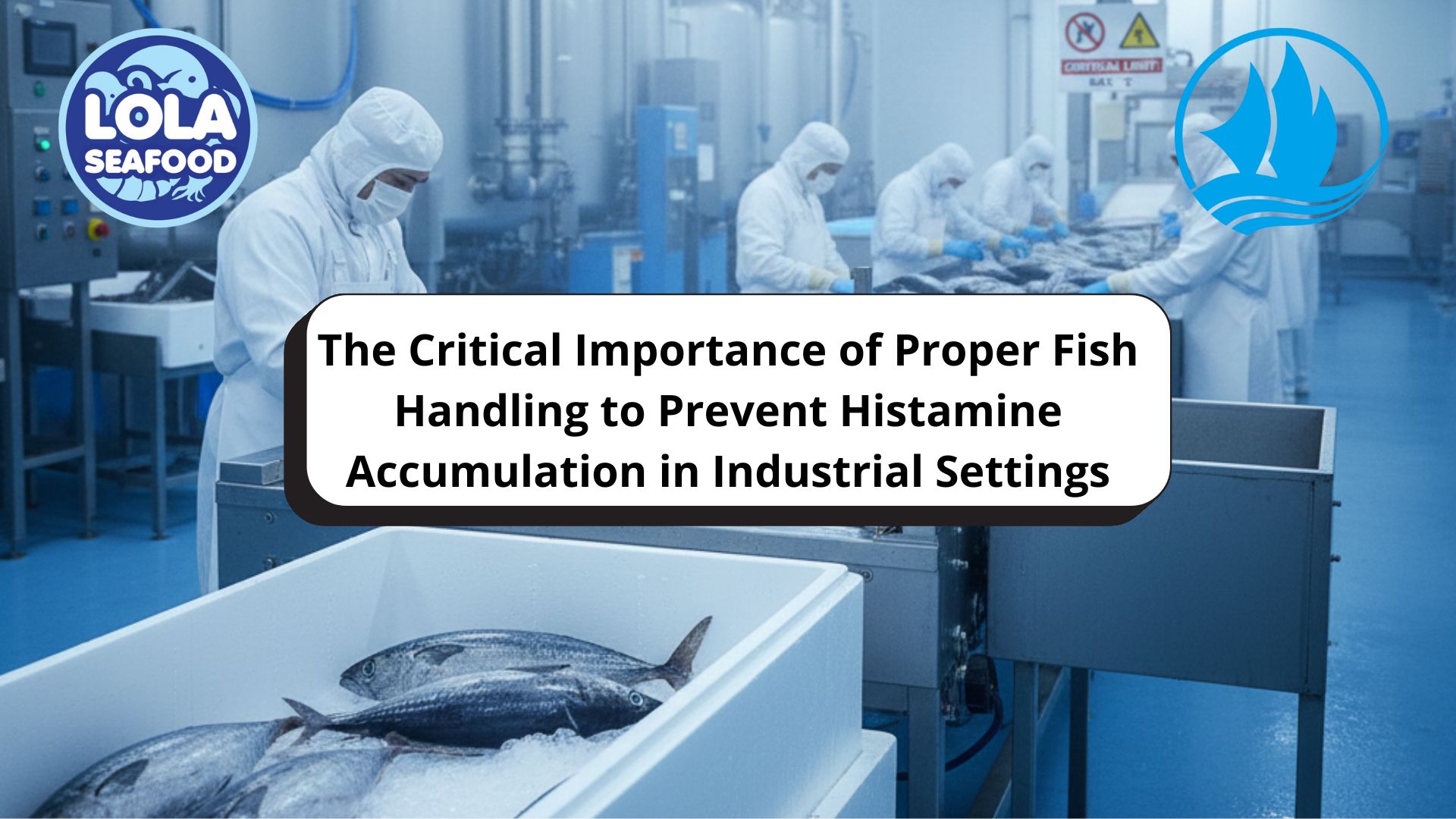Here is the Unique Biomaterial of the Natural Miracle of Shark Cartilage
By. Agung Kurniawan - 31 Dec 2024.jpg)
Kelolalaut.com Shark cartilage, derived from the skeletal structure of sharks, has gained attention in both scientific and commercial circles due to its unique composition and potential health benefits. Unlike most vertebrates, sharks have skeletons made entirely of cartilage rather than bone. This lightweight yet sturdy material has been the subject of extensive research, particularly in fields like medicine, biotechnology, and nutrition.
Composition and Structure
Shark cartilage is primarily composed of chondroitin sulphate, glycoproteins, and collagen. Chondroitin sulphate, a key component, is a naturally occurring substance in the cartilage that is known for its role in maintaining joint health by promoting elasticity and reducing inflammation. Collagen, on the other hand, provides strength and structural integrity to the cartilage. Together, these components create a material that is both flexible and durable, making it ideal for various applications.
Medicinal Applications
One of the most discussed aspects of shark cartilage is its potential therapeutic uses. It has been marketed as a dietary supplement for joint health, particularly for individuals suffering from osteoarthritis. The chondroitin sulphate found in shark cartilage is believed to support joint lubrication, reduce pain, and slow cartilage degradation. Additionally, some proponents have suggested that shark cartilage may have anti-inflammatory and immune-boosting properties.
Another area of interest is its potential role in cancer treatment. Early studies suggested that certain proteins in shark cartilage might inhibit angiogenesis, the process by which tumours develop new blood vessels to sustain their growth. By blocking angiogenesis, these proteins could theoretically starve tumours of the nutrients they need to thrive. However, subsequent research has yielded mixed results, and no definitive conclusions have been reached about its efficacy as a cancer treatment.
Controversies and Ethical Considerations
Despite its potential benefits, the use of shark cartilage has sparked significant ethical and environmental concerns. Sharks play a critical role in marine ecosystems as apex predators, helping maintain the balance of marine life. Overfishing to meet the demand for shark cartilage supplements and other shark-derived products has contributed to the decline of many shark populations worldwide.
Furthermore, the purported health benefits of shark cartilage have faced scrutiny from the scientific community. While there is some evidence supporting its use in joint health, claims of its effectiveness against cancer remain largely unproven. Regulatory agencies like the U.S. Food and Drug Administration (FDA) have warned consumers about exaggerated or unsupported claims made by some supplement manufacturers.
Alternatives and Future Prospects
To address environmental concerns, researchers are exploring alternative sources of chondroitin sulphate, such as bovine or synthetic options, which could reduce the reliance on shark cartilage. Advances in biotechnology also offer the potential to replicate the beneficial compounds found in shark cartilage without harvesting them from sharks.
In conclusion, shark cartilage is a fascinating biomaterial with promising applications in medicine and nutrition. However, its use must be carefully balanced with ethical and environmental considerations. Continued research and innovation will be key to unlocking its potential while preserving the health of our oceans.
If youre interested in our Gummy Shark Fillet , Shark Belly , Shark Cartilage , Shark Fillet , Shark Flake please do not hesitate to contact us through email and/or whatsapp.

The Legal Shark Value Chain: Identifying Critical Control Points for Cost Efficiency and Value Enhancement from Catch to Consumer

Global Trust Across Three Segments: How the HACCP System Ensures Premium Quality for Demersal, Pelagic Fish, and Legal Shark Product Utilization
.jpg)
Green Investment, Profitable Harvest: How Sustainability Practices Reduce Operating Costs in Fish Fillet Processing Plants (Skin-On and Skin-Less)
 in Meeting Global Protein Demand Sustainably.jpg)




